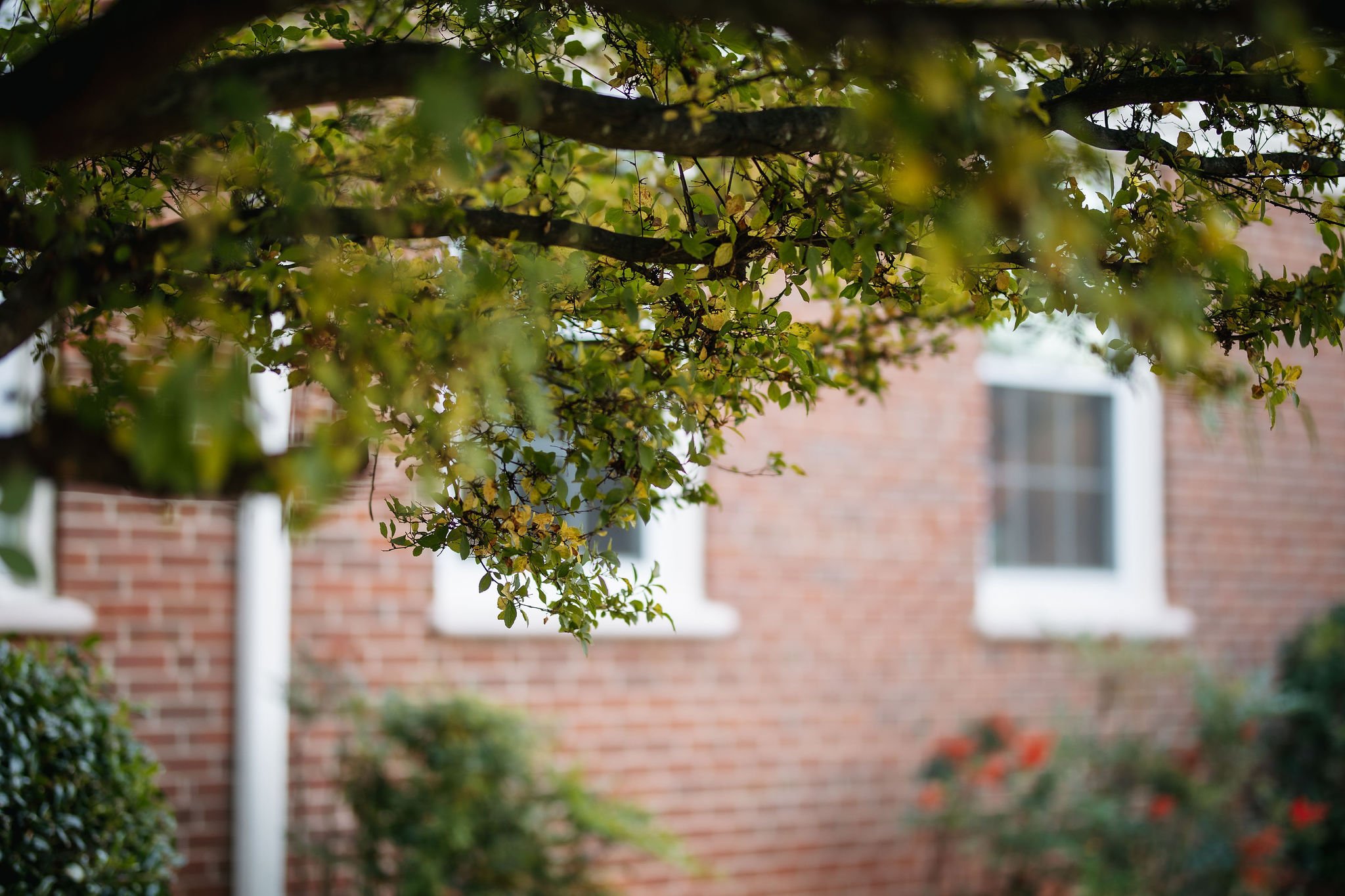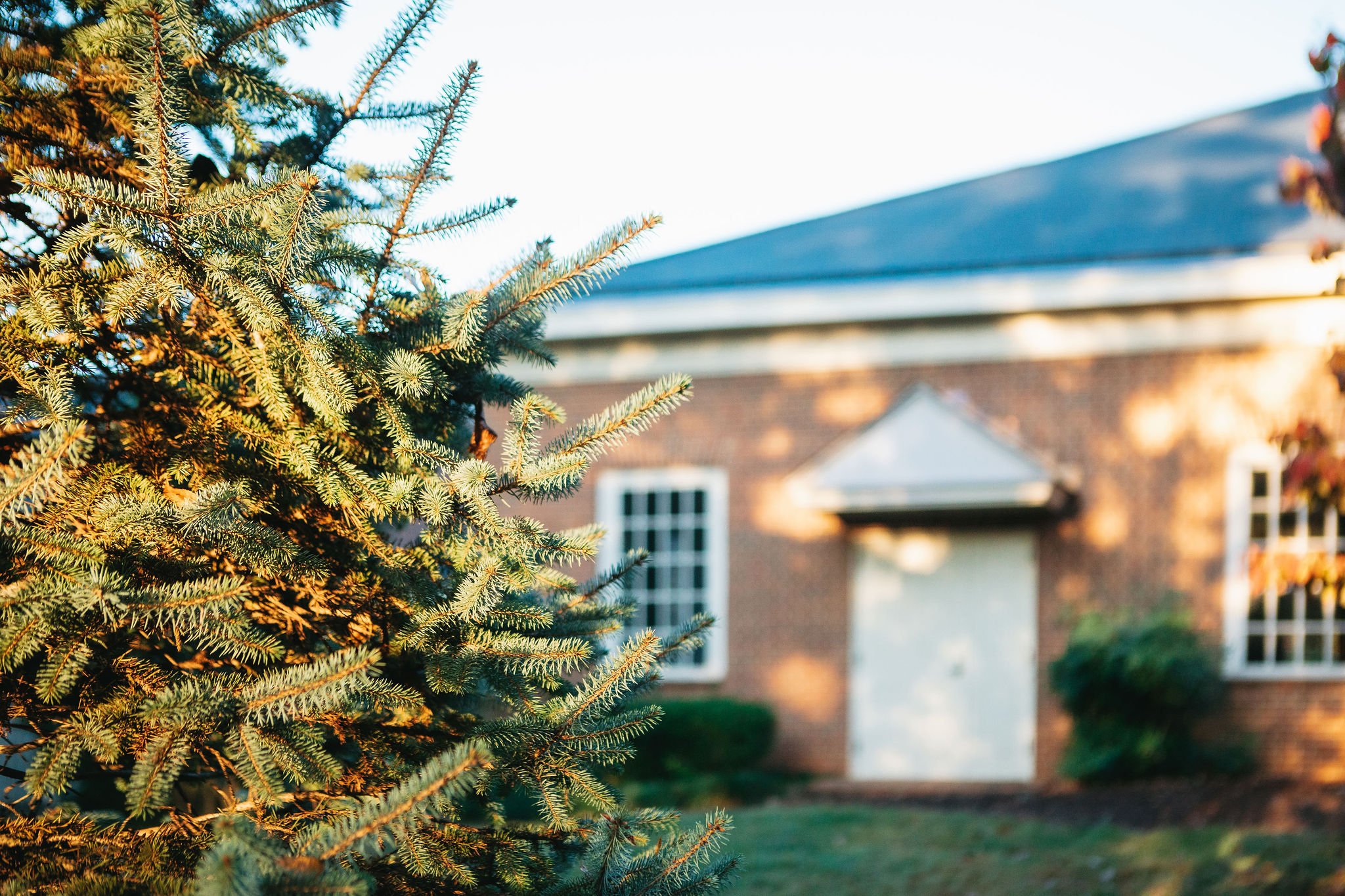
What are the origins of Quakerism?
Quakerism began during a period of religious upheaval in England during the mid-1600s, as people questioned the established church and sought new ways to deepen their expression of Christianity.
The emerging faith community gathered around the leadership of George Fox and others who encouraged people to be guided by a direct, firsthand encounter with the Holy Spirit.
These Quakers were seeking an authentic return to “primitive Christianity,” as practiced by the followers of Jesus in the first century.
-
The term “Quaker” arose as a popular nickname used to ridicule this new religious group when it emerged in seventeenth century England. Since the term was so widely recognized, members began using it informally, so people would know what they were talking about. Formally, we call ourselves the Religious Society of Friends. Today, we use “Friend” and “Quaker” interchangeably.
-
Everyone is equal and precious before God.
All people can have a direct experience of the Divine, individually and in shared worship. We have many ways of naming our experience. Some of them are God, Christ, Spirit, Inward Teacher, Inward Light, and Seed, among others. By whatever name, this experience of the Divine is universal, ongoing, and available to everyone.
The life and teachings of Jesus are an example of faithfulness to God.
Paying attention to and following the Divine changes us. We try to live out our convictions every day in our actions.
We look for the Divine in every person we meet.
Our guiding principle is love.

Quaker
Values
Quakers give "testimony" to their lived experience of the Divine, distilling that experience into these central truths:
1. Direct and immediate access to God. No mediators are needed.
2. The Sacramental nature of all of life. We may encounter God anywhere and everywhere.
3. The Gathered Meeting. We discern Truth as we worship together.
4. Holy Obedience. We have the power to follow where Truth leads us.
Historically, these spiritual principles have resulted in commitment to these social practices:
SIMPLICITY
Removing those things in our lives that impede the search for Truth.
PEACE
We take seriously that the nature of God is love.
INTEGRITY
The substance of true religion is harmonizing practice with principle.
EQUALITY
As Friends, we believe everyone has the Light of God in them.
Testimonies are not fixed dogma, but a distillation of Friends' faith in action over the centuries. They are affirmative but may sometimes lead to action that runs counter to certain practices currently accepted in the Society at large. Being in community with other Quakers helps each of us as we strive to live according to these testimonies.

Quaker Vocabulary
-
Quakers believe that all places are Holy. The building where we gather on Sundays is simply our default place to meet. Therefore, we call it our Meetinghouse.
-
We begin our meeting by becoming inwardly still, allowing thoughts that usually fill our attention to recede. We can help quiet our thoughts by reciting a prayer, reflecting on a sacred text, focusing on breathing, or other means. As the group settles into stillness, we increase our awareness to include the whole group and movement of the Spirit within it.
-
From time to time, one may be moved to speak, pray or sing. If prompted, and assured that the leading and timing are from God, stand and speak audibly and succinctly. A period of silence follows each message so that listeners can absorb it.
-
In the earliest days of Quakerism, nearly four centuries ago, this was often thought of as an “inward light,” and was specifically associated with Jesus Christ, “the light of the world.” Silent worship came about because George Fox and other early Quakers believed that silence and stillness would enable people to apprehend the presence of the Inward Light, which would show them the unflinching truth about their lives, including what they ought to do to align themselves with God’s will (Quaker.org).
What are common
Quaker terms and
what do they mean?
Additional resources for further reading/exploration of the Quaker faith:

